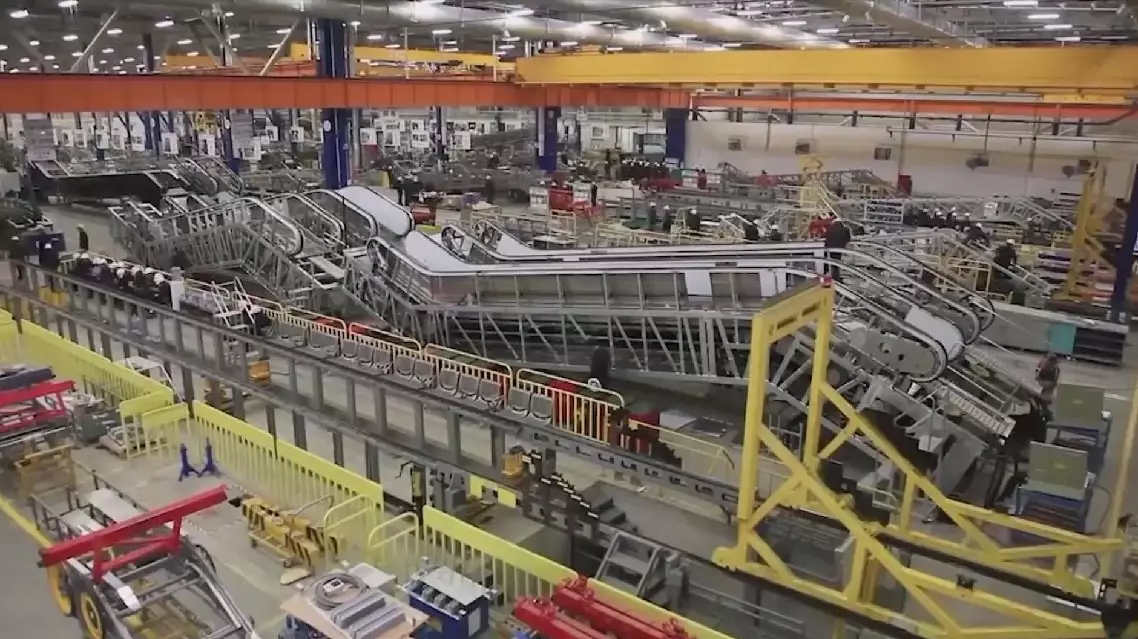Finland-based elevator giant KONE has consistently seized opportunities for growth in the Chinese market, building up its local production capacity to better serve the country's rapid urban development.
KONE entered the Chinese market in 1996, establishing a production base in Kunshan City, situated in eastern China's Jiangsu Province. To date, KONE's cumulative investment in Kunshan has reached 1.38 billion yuan (about 200 million U.S. dollars), making China KONE's largest single market worldwide.
Three months ago, Antti Paavola was transferred from Finland to China to take on the role of head of KONE Kunshan Industrial Park. He immediately recognized that the location of the production base was key to meeting the company's growth goals in China.
"Almost 99 percent of our suppliers are close to us and that helps us to keep our promises and deliver on time to our customers," said Paavola, Senior Vice President of Greater China Supply Chain at KONE.
Surprisingly, he adapted quickly to the new environment thanks to the well-established local industrial facilities and excellent government services.
"Government collaboration and how government can support us. The last ten years, we have been able to double our output and deliveries from Kunshan. And Kunshan has become the biggest manufacturing center for KONE," Paavola said.
In 2016, Italian engineer Andrea joined the KONE Kunshan Research and Development Center, initially planning for a two-year work cycle. Now, in his eighth year, Andrea has not only settled in China but has also led his team in continuous innovation, developing new products and solutions for the Chinese market while sharing China's expertise with the world.
"If you are successful in China, you can be successful also elsewhere. Nowadays in China we really have a competent center, and this is the global competence center, [which] means that all the designs we use globally and we export globally are made here. So it's really here where we have the competence that we then use to create and deliver solutions for the rest of the world," Andrea said.
As the elevator market in China shifts from an incremental model to a bulk commodity market, the installation of elevators in older communities and the maintenance of existing elevators are emerging as key growth areas for the industry. This year, the Chinese government has implemented a series of policies and measures to encourage and support equipment renewal. In response, KONE has for the first time established a renewal and transformation business department, positioning itself to capitalize on this new wave of development opportunities.
"China is a very important market for KONE actually the number one market in the world. This is a big opportunity to help China drive urban renewal. We see an opportunity to use digital technology to drive better safety, better customer experience for customers, while actually helping ourselves be more efficient. It's just a changing market. And what's important for us is to adapt to changing conditions," said Philippe Delorme, President and CEO of KONE.

Finland's elevator giant expands rapidly in China, driven by urban renewal









